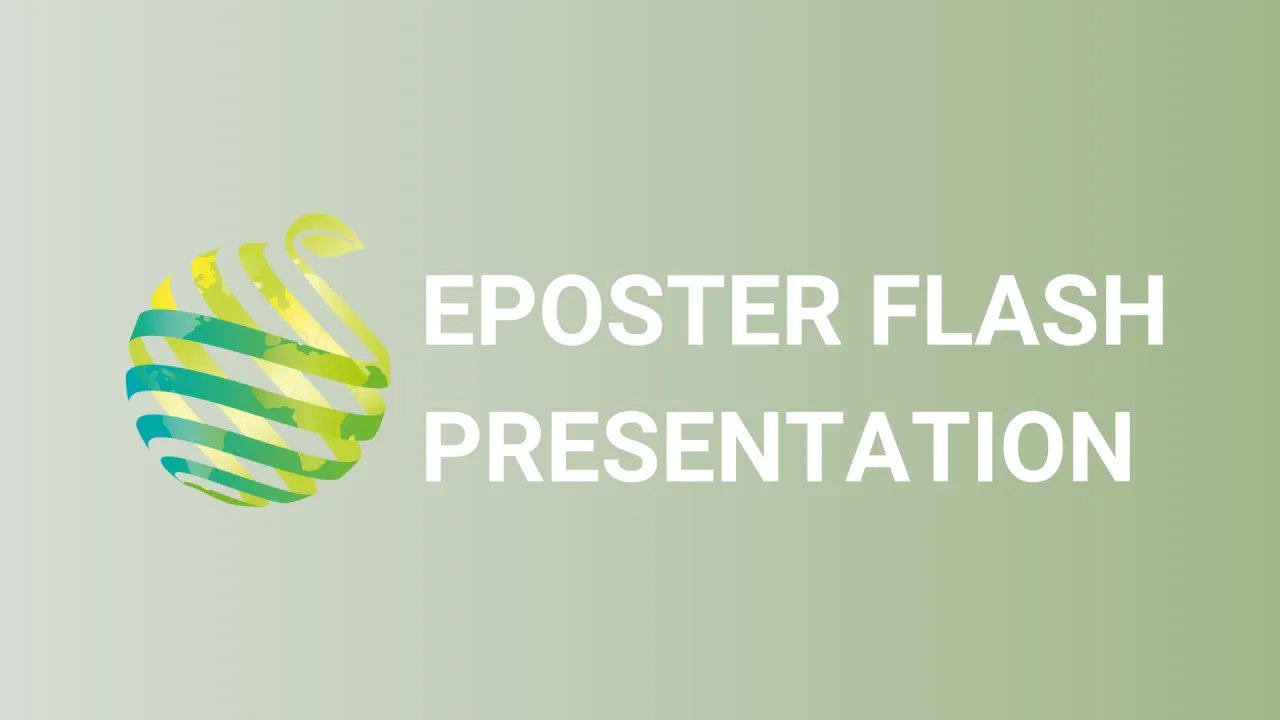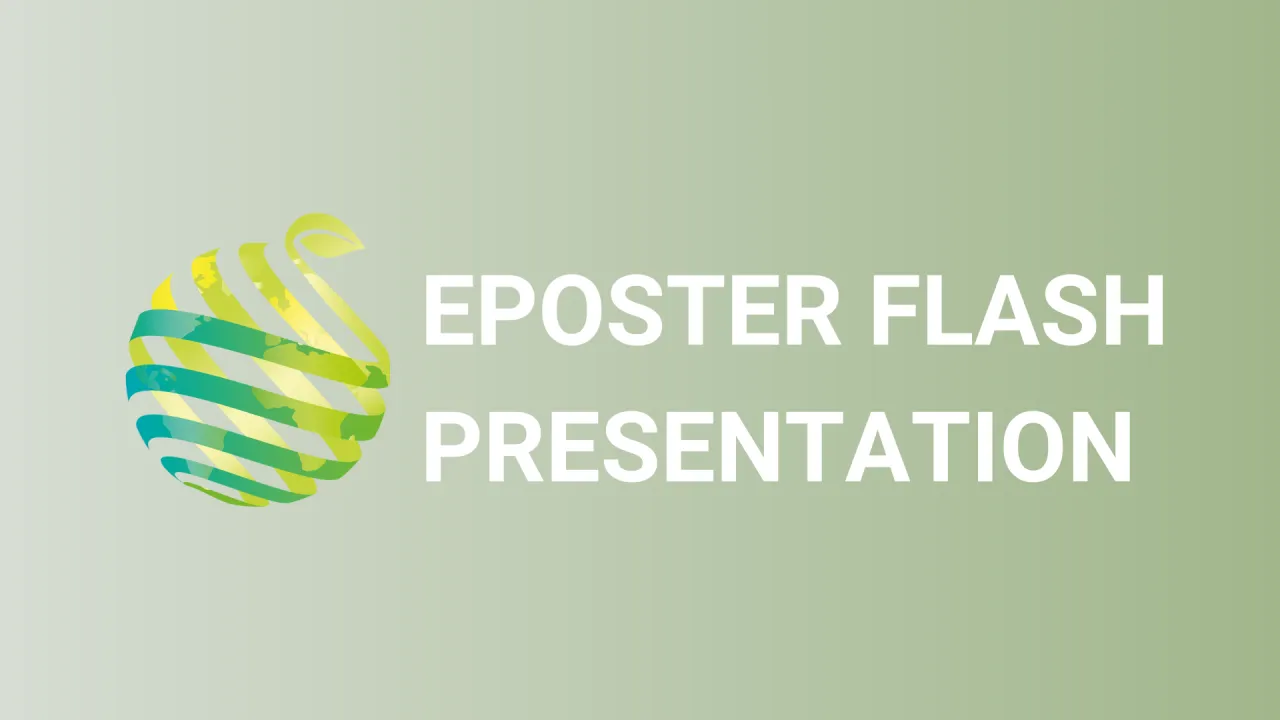

S12 - Session P3 - Agroecological transition and adaptation to climate change of the Espelette chilli pepper production systems: presentation of the 2022-2024 pilot project and the 2021'; preliminary results
Information
Authors: Cyril Dejean, Jean Marie Lopez *, Elodie Nguyen, Julien Boyer, Antoine Leguillou, Claire Serra Wittling
For several years now, the producers of Espelette chilli pepper have been faced with recurring and growing problems related to the weed control, climatic hazards (droughts and floods) and sanitary pressure (diseases and pests), inducing decrease and instability of yields and questioning the sustainability of the sector. Through a set of actions implemented on-farm plot network, the 2022-2024 pilot project aims to improve the chilli pepper cropping system. To address issues, agronomic trials will focus on alternative mulching to replace plastic film under the pepper rows, on controlled irrigation by surface drip technology combined with soil moisture probes to monitor water supplies as closely as possible to the crop's water requirements while considering soil water availability and, on biological control of Sclerotium rolfsii . In addition to the field irrigation trials, a singular study device - constituted of cropped mini-lysimeters (potted soil) watered by capillary rise -, will be performed in a climate-controlled greenhouse to determine crop coefficients that will be used further to estimate crop water requirements. Results will be presented and discussed during field workshops and agrotechnical guidelines will be disseminated. Preliminary results coming from the first actions initiated in 2021, are rather promising for the project implementation. The mulches tested (hemp, paper, fern or woven fabric) could be good alternatives to the plastic film but there are still some barriers to be removed related to cost, mechanisation or, conversely, the manpower availability. Data recorded from moisture probes setup at different depths of the potted soil showed that water rises by capillarity to near the surface indicating that the device is operational. The main downside deal with the effectiveness of the biocontrol products applied that has not yet been demonstrated. Further improvements should focus on the methods of product application.